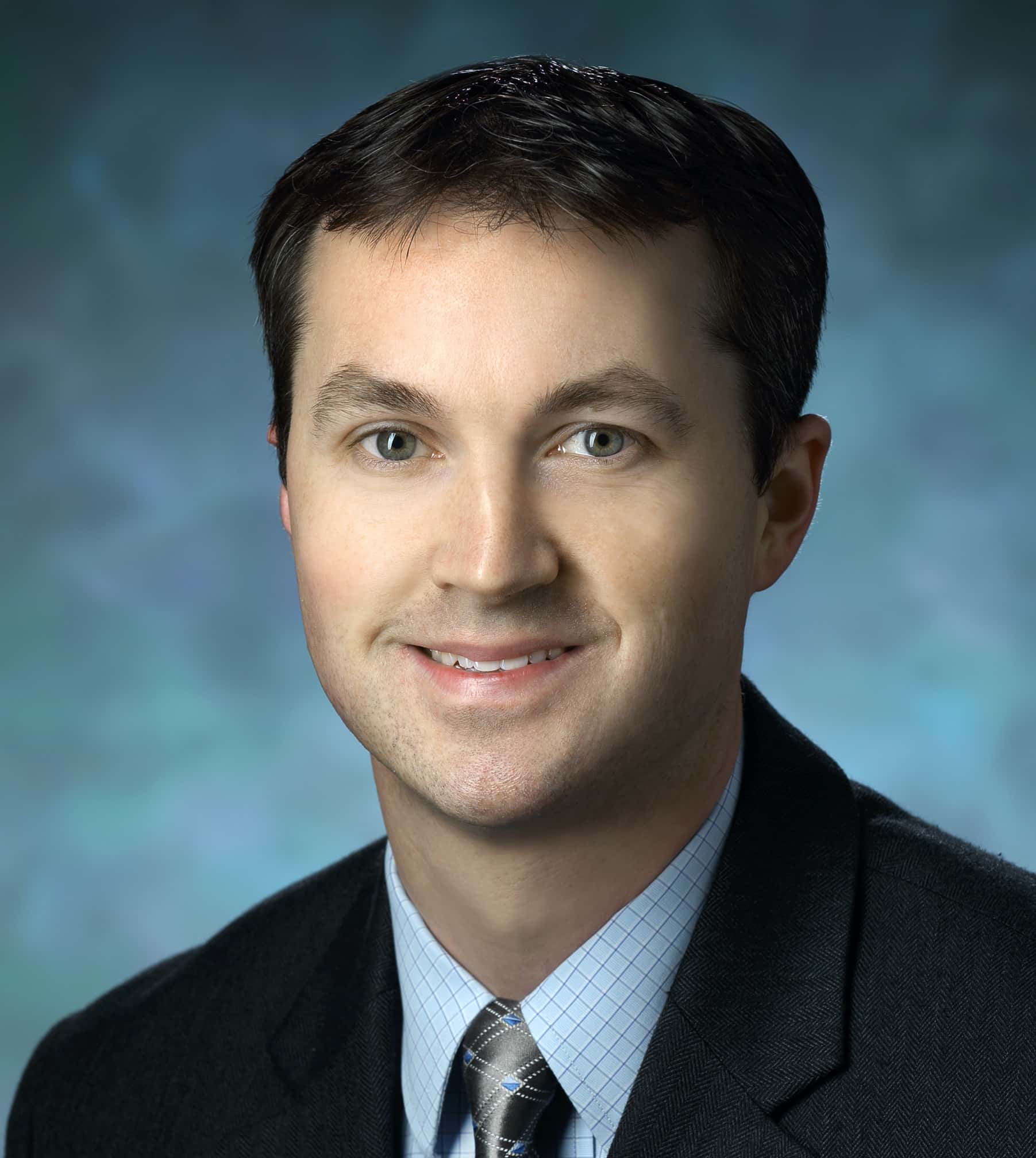
What Should People Do to Protect Their Hearts?
Far too many Americans have died of COVID-19 during 2020, but heart disease is still the number one killer. Moreover, people with heart disease are more vulnerable to complications from the coronavirus. What should they do to protect their hearts?
How People Can Protect Their Hearts:
There are a few things that everyone can and should do to protect their hearts: eat right, exercise regularly, don’t smoke and don’t stress (as if you could avoid that this year). To take your heart-healthy game up a notch, though, you need to know whether you are at risk. How can you tell?
Going Beyond Cholesterol Levels:
Doctors usually want to know about your blood fats, like cholesterol and triglycerides, when they are considering your risk for heart disease. While this information is useful, it is far from the whole story. Our first guest, Dr. Blaha, describes calcium CT scans of the coronary arteries. When are these images useful? What other risk factors might be relevant?
Have You Heard of Lp(a)?
Doctors don’t always consider a little-known but important risk factor called Lp(a). (It’s called ell-pee-little a.) Perhaps they give it short shrift because they don’t have a good treatment for it. After all, the level of Lp(a) in your body apparently is determined mostly by your genes. Diet, exercise and other lifestyle factors don’t seem to affect it noticeably.
Unfortunately, cardiologists do not have targeted therapies for Lp(a). The drugs they prescribe most often, statins, may raise this risk factor slightly instead of lowering it. However, statins have other benefits for people at high risk of heart disease, so cardiologists frequently prescribe a statin for a patient with a high level of Lp(a). That should help protect their hearts.
What Should You Know About Blood Lipids?
Blood lipids other than Lp(a), like LDL cholesterol, are considered important risk factors for heart disease. If your LDL cholesterol (LDL-C) is high, chances are you will be advised to follow a low-fat diet to get it down. However, a review of studies does not support the efficacy of a low-fat diet.
Our guest Dr. DuBroff is a specialist in blood lipids. He analyzed a number of studies of statins and discovered that the link between statin use and lower heart-disease mortality is weak. Learn what risk factors really matter for people who are trying to protect their hearts.
This Week’s Guests:
Michael J. Blaha, MD, MPH, is Professor of Cardiology and Epidemiology at Johns Hopkins School of Medicine. He is the Director of Clinical Research for the Johns Hopkins Ciccarone Center for the Prevention of Cardiovascular Disease. Clinically, Dr.Blaha practices as a preventive cardiologist and in the interpretation of cardiac CT. Dr. Blaha has received multiple grant awards from the National Institutes of Health, FDA, American Heart Association, Amgen Foundation, and the Aetna Foundation. The photo is of Dr. Blaha.
Robert DuBroff, MD, is a clinical professor of medicine in the division of cardiology at the University of New Mexico’s School of Medicine in Albuquerque. He is the co-author, with Dr. Michel de Lorgeril, of “Fat or fiction: The diet-heart hypothesis,” published May 29, 2019, in BMJ Evidence-Based Medicine.
Listen to the Podcast:
The podcast of this program will be available Monday, October 26, 2020, after broadcast on October 24. The show can be streamed online from this site and podcasts can be downloaded for free. CDs may be purchased at any time after broadcast for $9.99.
Citations
- DuBroff R & de Lorgeril M, ""Fat or fiction: The diet-heart hypothesis," BMJ Evidence-Based Medicine, May 29, 2019. doi: 10.1136/bmjebm-2019-111180

